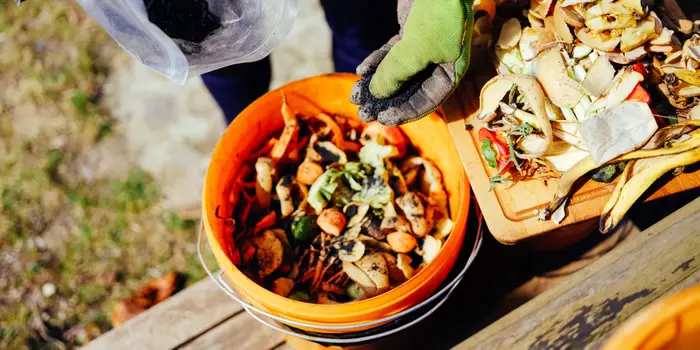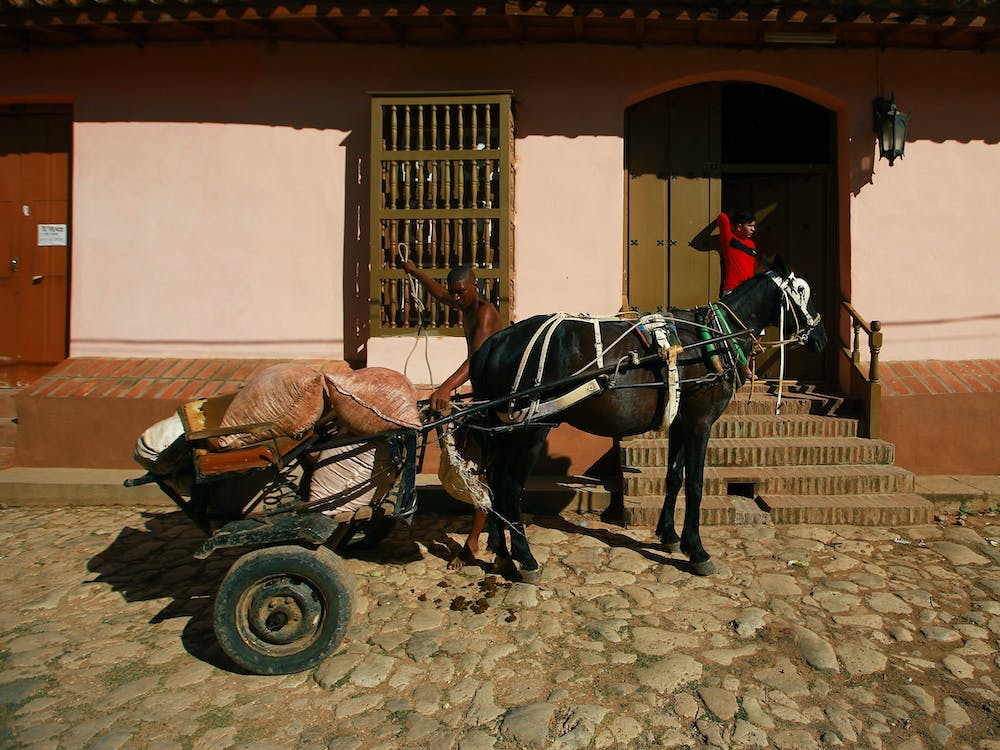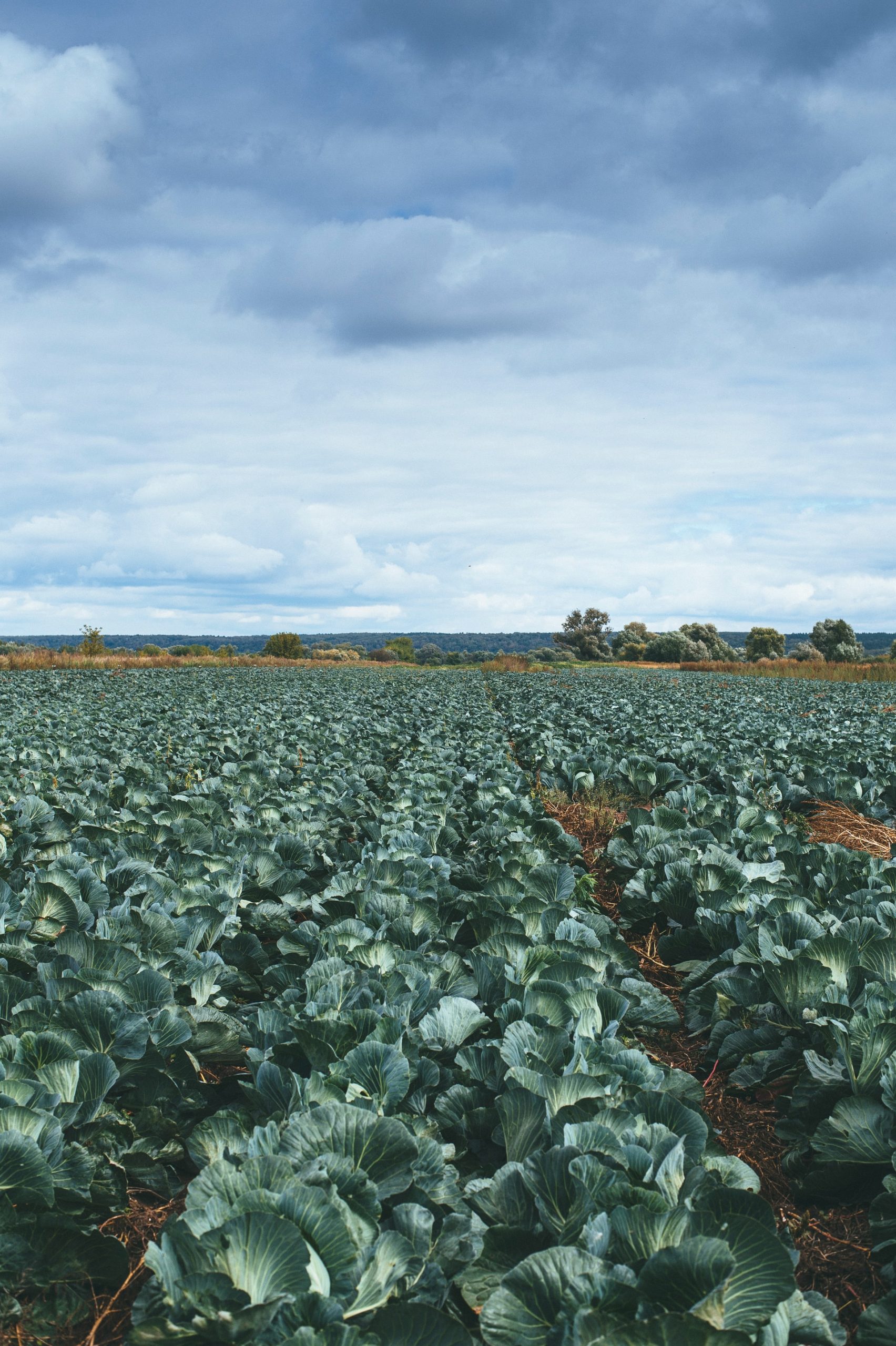Composting does not happen overnight and most amateur gardeners give up their compost pile for that reason. Compost can take from six months to three years to be ready for use, and the waiting time can be frustrating for some. Did you know that you can speed up the composting process? Let us guide you through these game-changer tips to speed up the decomposition of your compost.
1. Hot Composting

You will need an appropriate container for the hot composting, as a small container won’t do the trick. A suitable container will be at least four feet wide by four feet high. For this situation, the bigger it is, the better, but this size mentioned earlier is practical for all gardeners.
Place the container in an area that gets a good amount of sun. Usually, we combine organic matter to the pile as we accumulate it, but with hot composting, the whole aim is to get the pile to heat up at once. For this, you will need a large amount of organic product, with the proper carbon to nitrogen ratio, right from the beginning.
The carbon: nitrogen ratio is important in getting the microbes’ activity high and heating the pile. Ideally, your pile should be 25 parts carbon to one part nitrogen.
As mentioned above, it is better to have all your materials before starting your hot composting. Here are some examples of carbon-rich ingredients that you can put into your hot compost; shredded paper, small twigs, and dry fall leaves.
Nitrogen-rich ingredients include fruit scraps, vegetable scraps, coffee grounds and tea bags. You will want to cut the ingredient into small pieces as it will help to speed up the process even more. The best temperature would be from 130 to 140 degrees, and you can measure the temperature with a soil/compost thermometer.
2. Worm Composting
Worm composting is, as said in the name, compost using worms; another term for this type of compost would be vermicompost. For this type of compost, I would suggest only using raw fruit and vegetable scraps so the worms can feed on it. Look for non-complex ingredients as they will go through the worms’ digestive systems to become the holy grail of compost.
As I always recommend in any composting, avoid citrus fruits peels, this includes oranges, as they attract fruit flies, and if you want to avoid strong odor, you may also want to ditch onions and broccoli.
Most gardeners using this composting method use red worms. You can choose between plastic, wooden, or glass containers and make sure to allow air into the container. It would be best if you made a favorable environment for your worms so that they can work at their best, which means providing them with air, food, moisture, and a warm climate not too hot.
We went through two methods to speed up your composting process, but there are some simple tips that you can apply to speed up the process in any method you choose.

– Add compost or soil.
– Turn your compost at least once every other day, as this will introduce oxygen into the mix.
– Reduce your ingredient sizes by chopping them up…
– Work with a large compost pile.
Composting will take a lot of time and dedication. Please do not get discouraged, as it is not an overnight process. You will make mistakes and learn from your mistakes. You better see it as an experience, and I recommend you read a lot, even tons. The more you know about the topic, the better. Let us know in the comments what you think of the two speeding composting methods we mentioned above…





